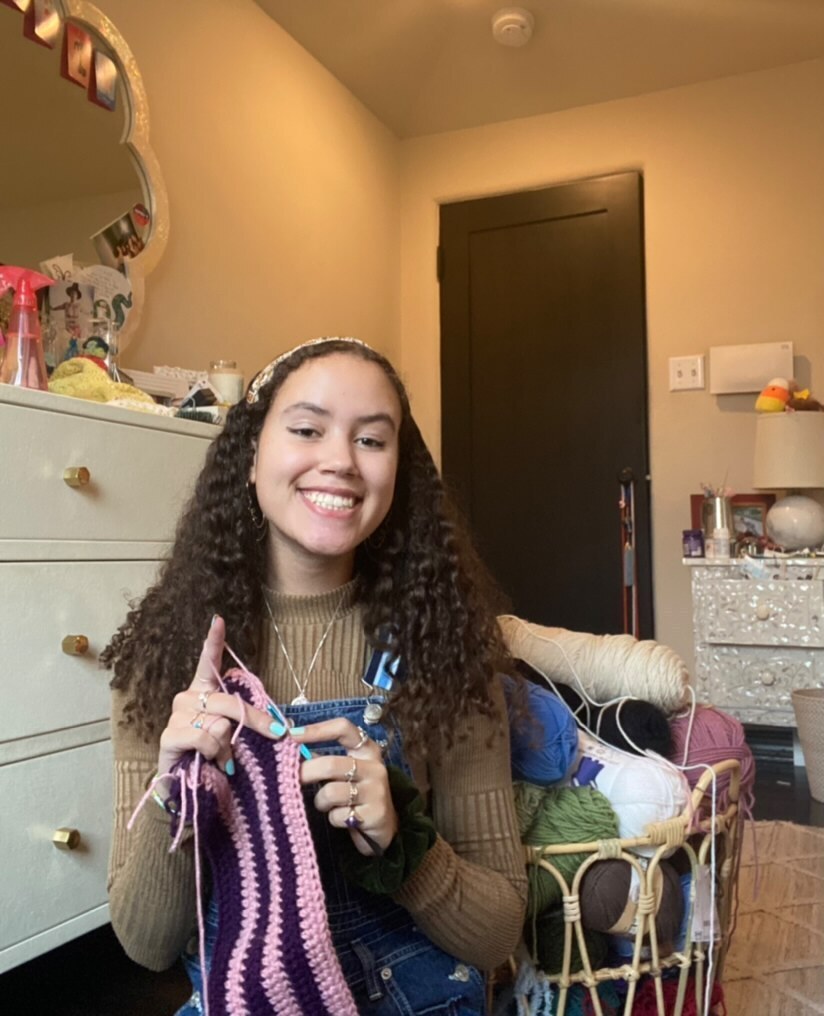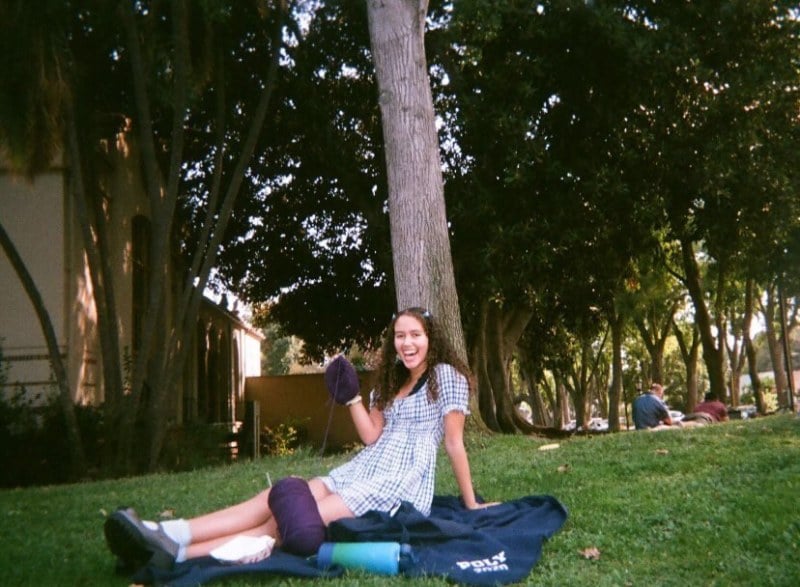In December 2019, Reid Devereaux ’25 was accepted to Stanford’s class of 2024. Just a few months later, COVID-19 struck, closing campus. Devereaux then decided to take a gap year, something he hadn’t considered until then.
This year, 378 frosh and 14 transfer students chose to take a gap year. Amid virtual learning, students said they were unsure about reopening plans and did not want to forego an on-campus frosh year. While COVID-19 influenced some students’ decisions to take a gap year, many say they also considered other factors including work experience, personal growth and the positive effect it might have on their lives moving forward.
“It was kind of the unique opportunity to get to do something I wouldn’t normally do: Travel, get some work experience before college,” said Kenji Zaharchuk ’25. The Bay Area student worked at Stanford’s campus Bike Shop, observed and canvassed during the November presidential election in Arizona and is currently working as a ski instructor in Lake Tahoe. He said that he has followed COVID-19 protocols, getting tested before traveling to Arizona and wearing a mask at all times.
Domestic travel is currently discouraged by the Center for Disease Control and Prevention. Its website writes that traveling can increase the risk of getting and spreading COVID-19, and that “staying home is the best way to protect” oneself and others from the virus. Zaharchuk said that flying “might not always be the best idea. But if you’re going to do it just be as safe as possible.”

Zaharchuk on his gap year (Photo courtesy of Kenji Zaharchuk)
For some, taking a gap year is also a chance to become more independent. Moving away from the structured world of high school, students say they found themselves completely responsible for their own time, and some began their own projects.
Devereaux produced music and released two albums this year. He now believes taking a gap year was something he should’ve done anyway, even under normal circumstances. Olivia Jessner ’25 learned how to crochet and started OrangeJuiceCrochet, her own Etsy shop. Hardik Patil ’25 began working on his startup Walnut, a newsletter aggregator and marketplace.

Some say they also experienced a phase of personal growth after gaining some independence. “I started to question stuff way, way more. I started to think way more about myself,” Devereaux said of his growing self-awareness.
Patil believes that a gap year is a time to discover something that he says was pushed down from the surface — a time to rediscover childhood hobbies and enjoy himself. He believes that when people work hard throughout high school, they tend to get tired and burnt out.
Jessner agrees, saying that she thinks “emotionally, a gap year is a really good time to just give yourself a break.”
A gap year may also be the perfect time to get closer to your family according to Jessner, who has spent much more time with her parents and younger brother in Los Angeles. “I think I’ve become a bigger member of my family, because I don’t have as much distracting me,” she said. “I have more responsibilities, which I’m glad I can help them out with.”
However, gap years may not be accessible to all students. They can have various barriers ranging from economic to family and social support, and the decision to halt traditional education can cost time, energy and money in the form of living and travel expenditure, according to the Gap Year Association.
Patil said he believes that individual circumstances should dictate whether or not a student should take a gap year. “It depends a lot from person to person,” he said. Devereaux added that the decision comes down to personal preference and circumstances, including one’s socioeconomic situation.
Jessner said that if a student is in a position to take a gap year, it’s worth a shot. “No matter what happens, you will grow so much from it,” she said. Zaharchuk agrees. “I think it’s really good to just have a year where you reset your mind and then go to college, ready to soak up more information and ready to learn; to be excited about learning again,” he said.
Contact Arnav Mayur at amayur ‘at’ gmail.com
